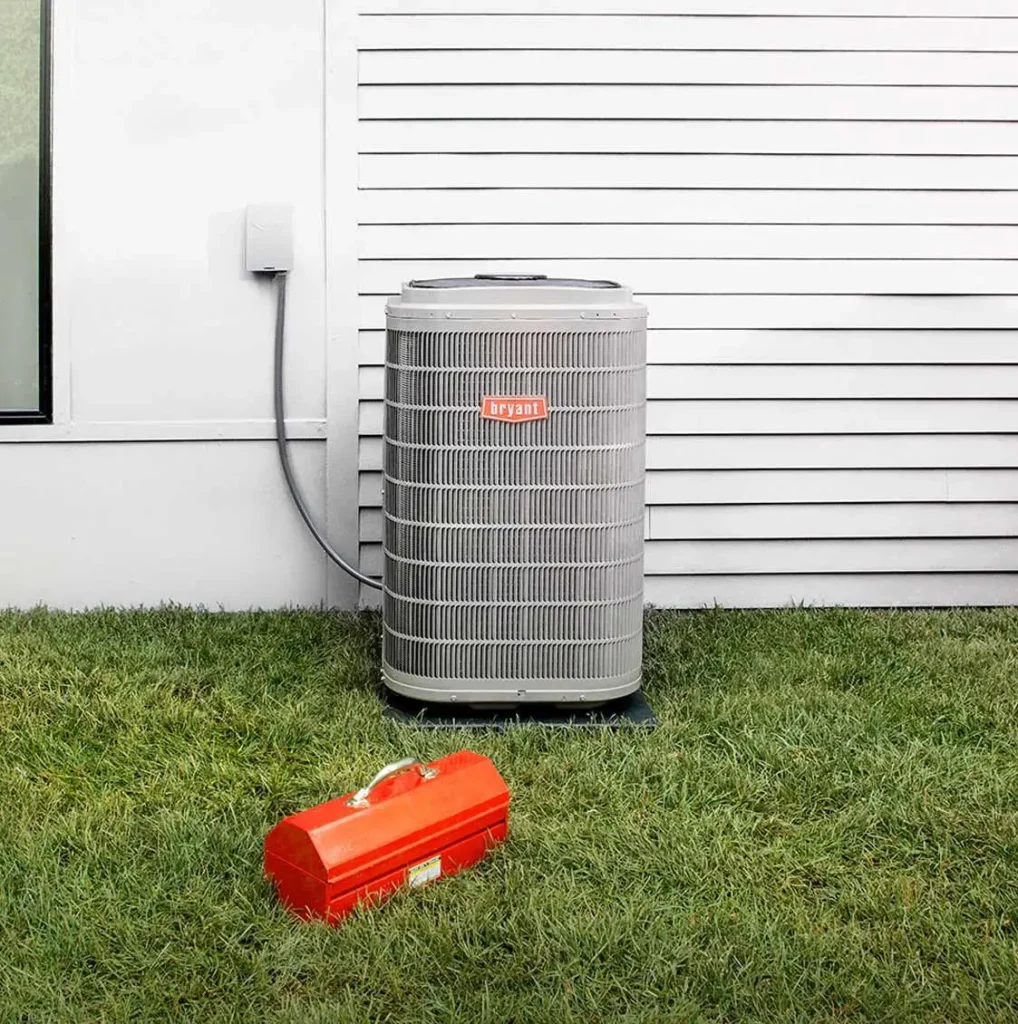Understanding Your HVAC System: The Basics Every Seattle Homeowner Should Know
Your home’s heating, ventilation, and air conditioning system represents one of the most significant investments in your property, yet many homeowners find themselves confused about how these systems actually work. In Seattle’s unique climate, where we experience everything from cool, damp winters to increasingly warm summers, understanding your HVAC system becomes even more critical. At All Climate Heating And Air, we’ve been helping homeowners navigate these complexities since 1993, and we believe that an informed homeowner makes better decisions about their comfort and energy efficiency.
The modern HVAC system consists of several interconnected components working together to maintain your home’s temperature and air quality. Your furnace or heat pump serves as the heart of the heating system, while your air conditioner handles cooling duties during those warm Pacific Northwest summer days. The ductwork acts as the circulatory system, distributing conditioned air throughout your home, while your thermostat functions as the brain, controlling when and how the system operates. Understanding how these components interact helps you recognize when something isn’t working correctly and when it’s time to call for professional service.
Seattle’s Climate Challenges: Why Your HVAC System Works Harder Here
Seattle’s maritime climate presents unique challenges for HVAC systems that homeowners in other regions don’t face. Our high humidity levels, particularly during the rainy season from October through May, mean your system must work harder to maintain comfortable indoor conditions. This constant moisture can lead to increased wear on components and potential mold growth if your system isn’t properly maintained. Additionally, the temperature swings we experience—from morning fog to afternoon sunshine—require your HVAC system to adapt quickly to changing conditions.
The energy efficiency of your HVAC system becomes particularly important in our region, where heating costs can comprise a significant portion of your utility bills during the eight-month heating season. Modern high-efficiency furnaces can achieve ratings of up to 98% AFUE (Annual Fuel Utilization Efficiency), meaning nearly all the fuel consumed converts directly to heat for your home. Heat pumps, increasingly popular in areas like Bellevue, Kirkland, and Redmond, offer even greater efficiency by moving heat rather than generating it, providing both heating and cooling from a single system.
Common HVAC Problems in Pacific Northwest Homes
Throughout our years serving Lynnwood, Edmonds, and Mountlake Terrace, we’ve identified several recurring issues that plague HVAC systems in our region.
- Clogged air filters: Seattle’s pollen seasons and construction dust require more frequent filter changes than the national average
- Drainage problems: High humidity leads to excess condensation that must be properly drained to prevent water damage
- Thermostat malfunctions: Older thermostats struggle with our variable weather patterns and may need upgrading to programmable models
- Ductwork leaks: Settling foundations and moisture can create gaps in ductwork, reducing efficiency by up to 30%
Regular maintenance addresses these issues before they become costly repairs. Professional technicians check refrigerant levels, clean coils, inspect electrical connections, and ensure proper airflow throughout your system. This preventive approach typically extends equipment life by five to seven years while maintaining peak efficiency.
Making Smart HVAC Decisions for Your Seattle Home
When considering HVAC installation or replacement, several factors specific to our region deserve careful attention. The size of your system matters tremendously—an oversized unit will cycle on and off frequently, failing to properly dehumidify your home, while an undersized system runs constantly without achieving desired temperatures. Professional load calculations consider your home’s square footage, insulation levels, window placement, and local climate data to determine the optimal system size.
Energy efficiency ratings translate directly to operating costs, making them crucial considerations for budget-conscious homeowners. While high-efficiency systems require larger upfront investments, utility rebates and long-term savings often justify the additional expense. Seattle City Light and Puget Sound Energy offer various incentive programs for qualifying equipment, potentially saving hundreds of dollars on installation costs.
Modern HVAC technology offers features particularly beneficial for Seattle homes, including variable-speed motors that adjust output based on demand, two-stage heating for better temperature control, and advanced filtration systems that combat our seasonal allergens. Smart thermostats learn your family’s patterns and adjust automatically, while zoning systems allow different temperatures in different areas of your home. These advances in home comfort technology ensure that whether you’re dealing with a rare summer heatwave or a typical drizzly winter day, your indoor environment remains comfortable and healthy. At All Climate Heating And Air, we combine decades of local experience with cutting-edge technology to keep Greater Seattle area homes and businesses clean, energy efficient, and comfortable year-round.

